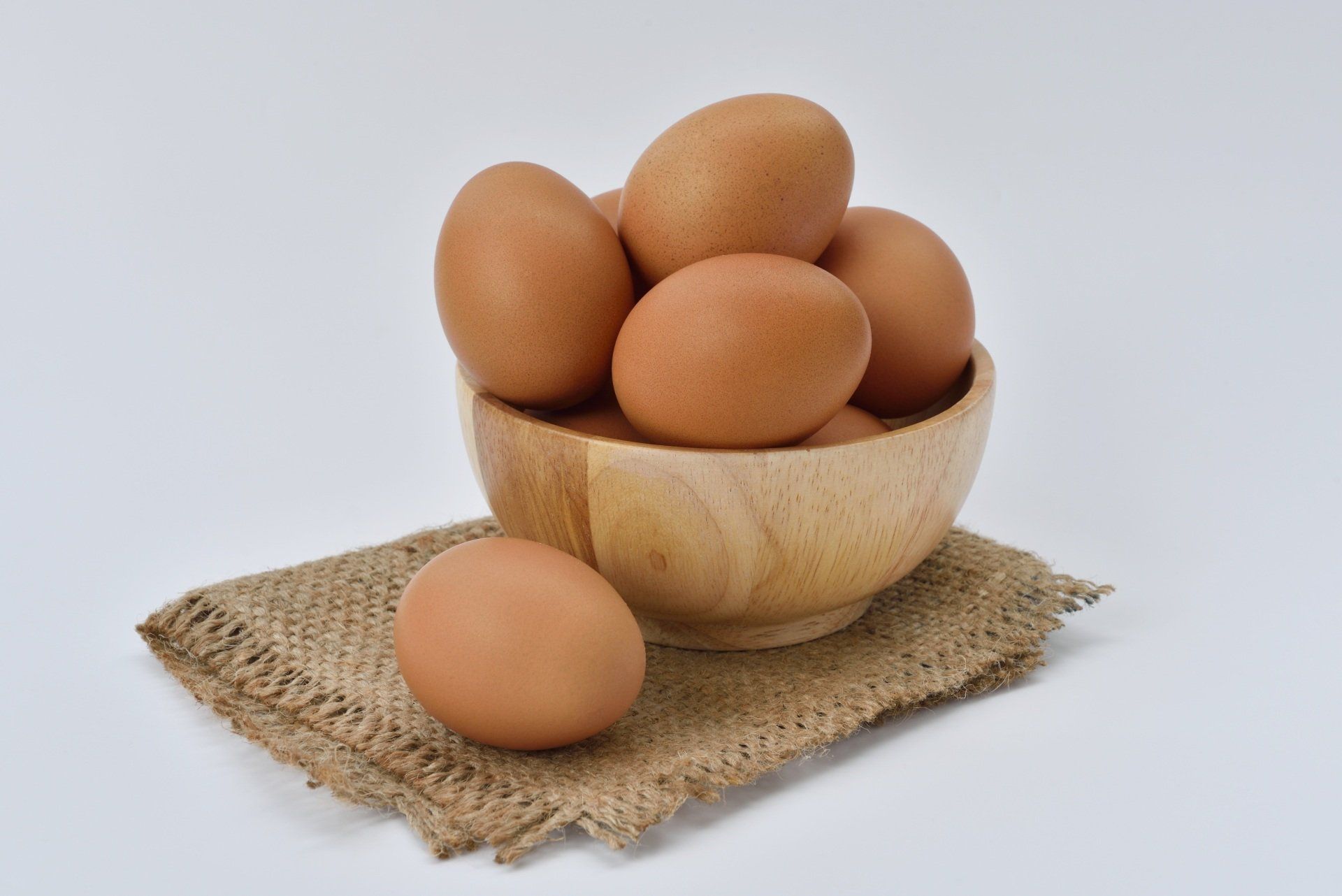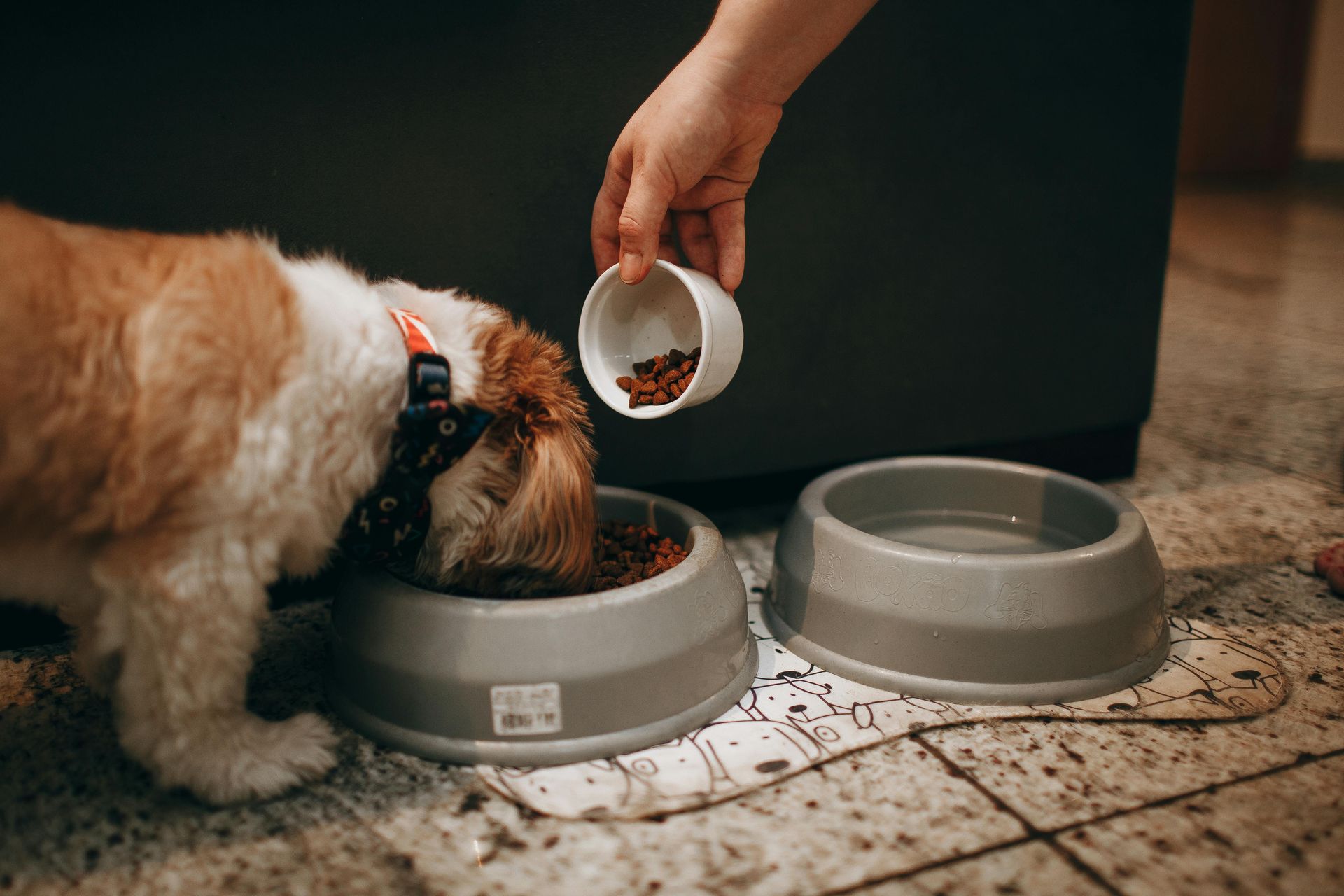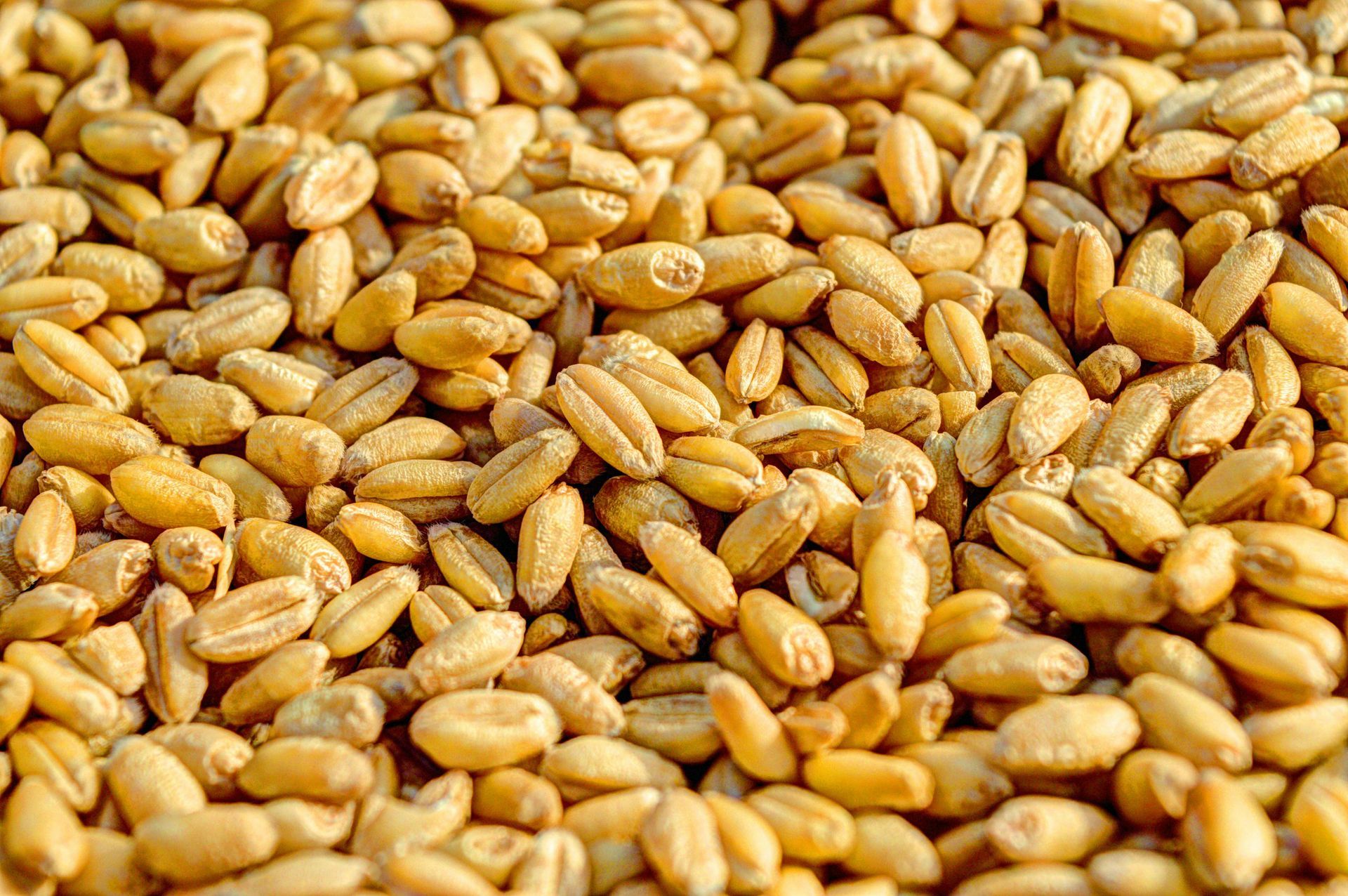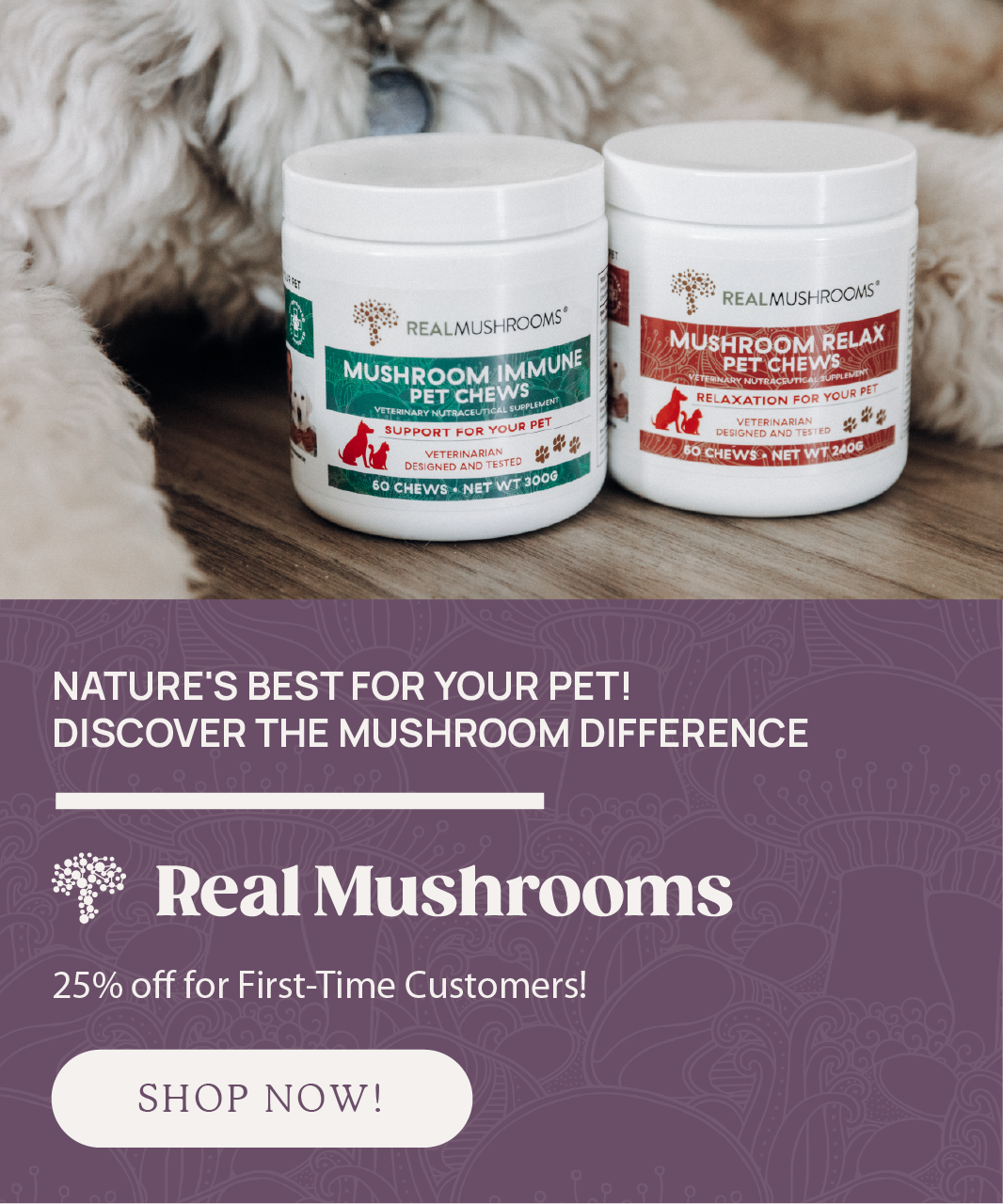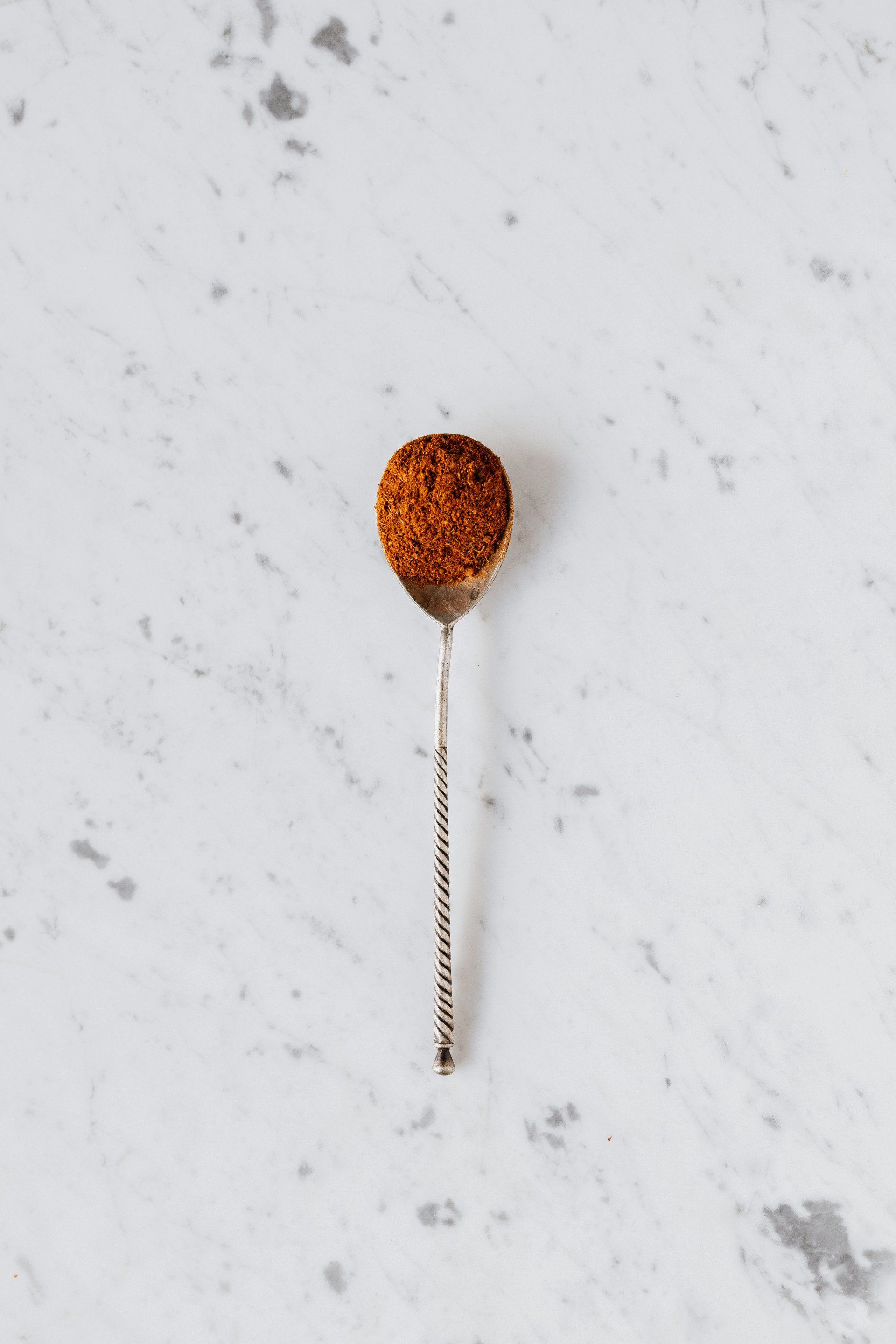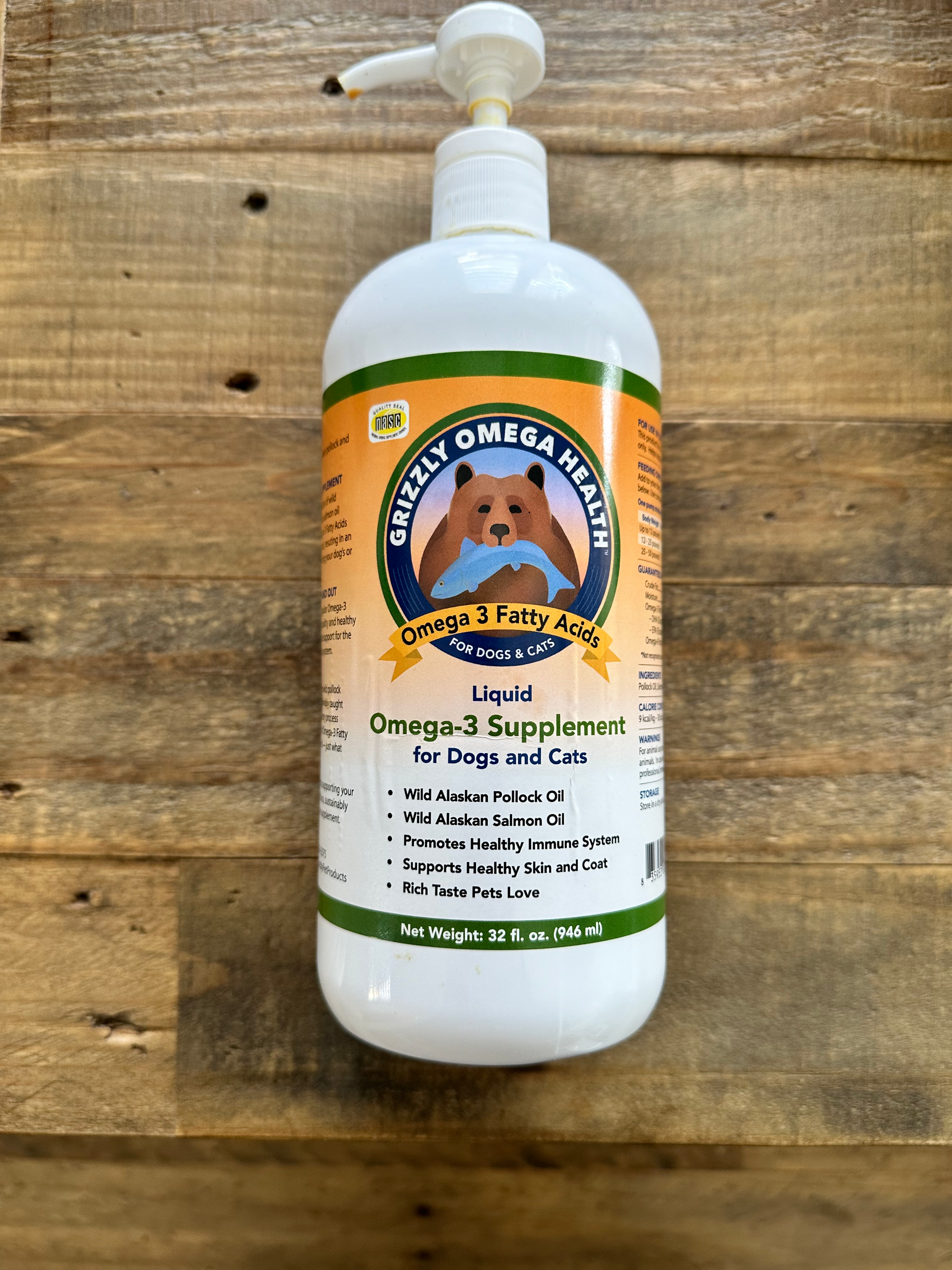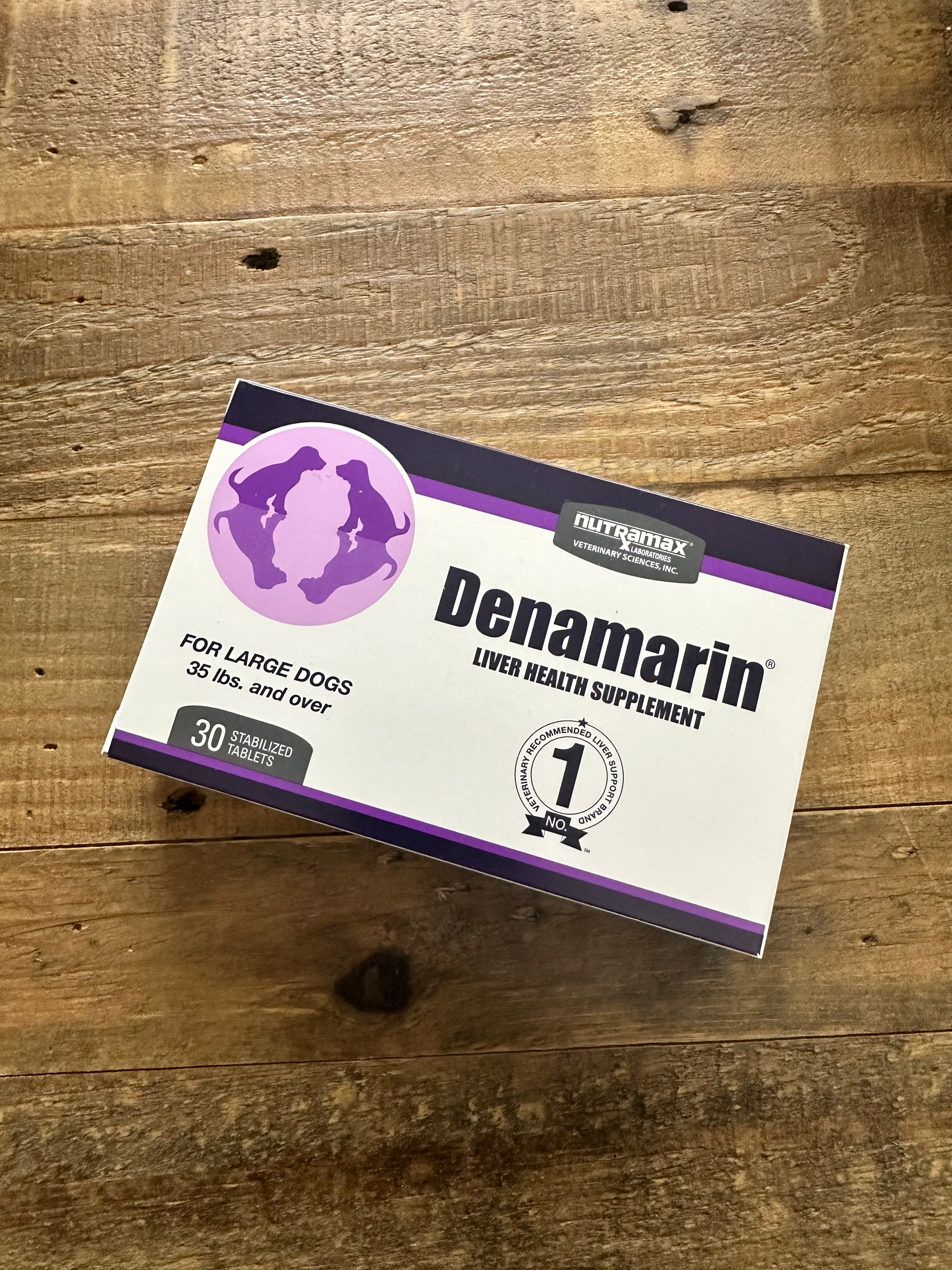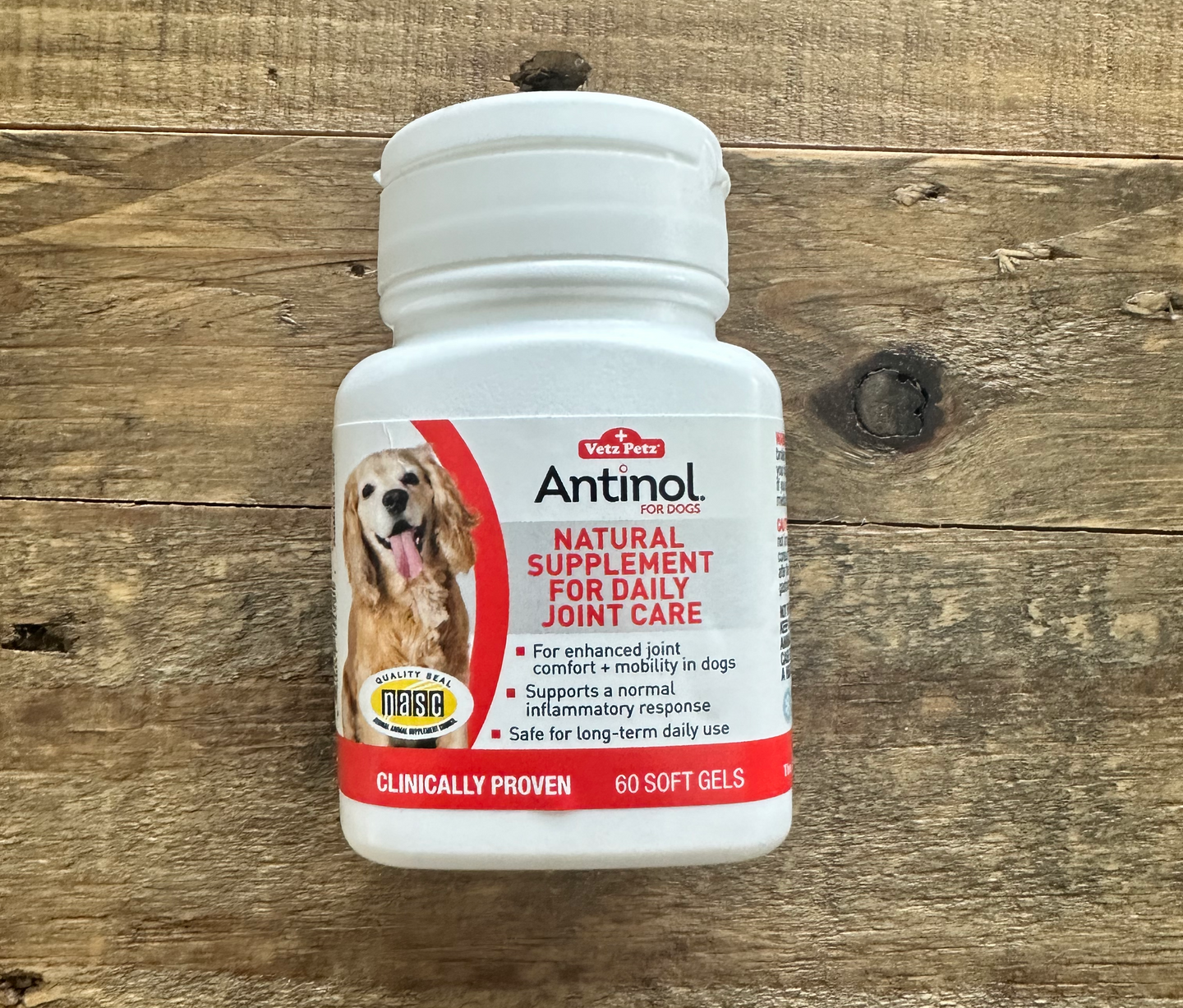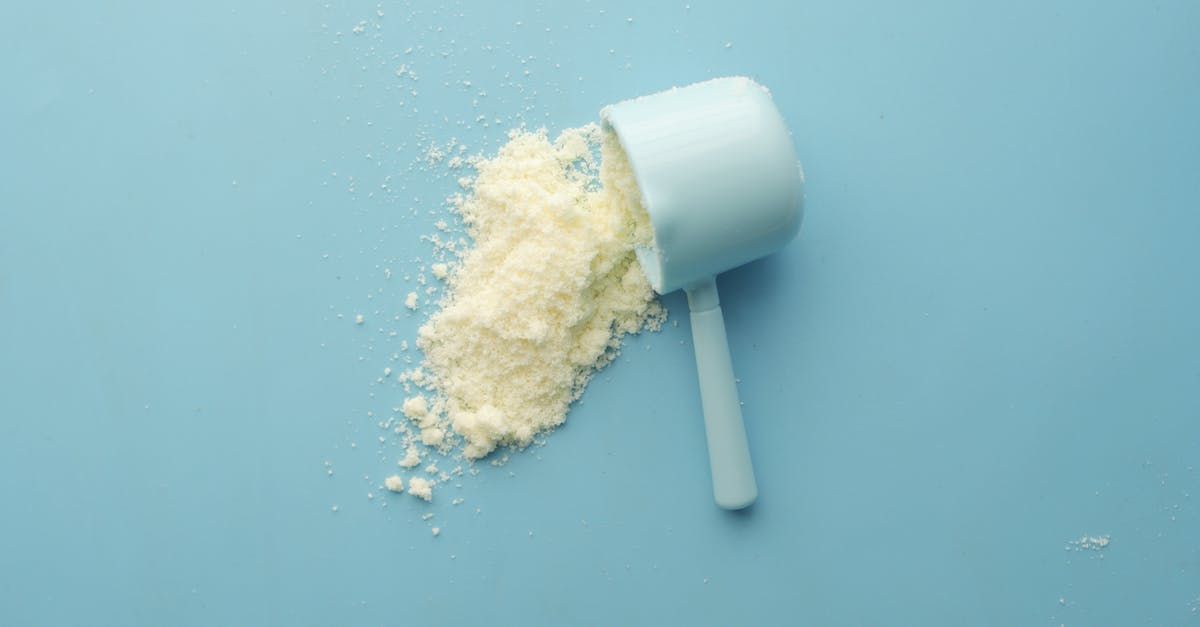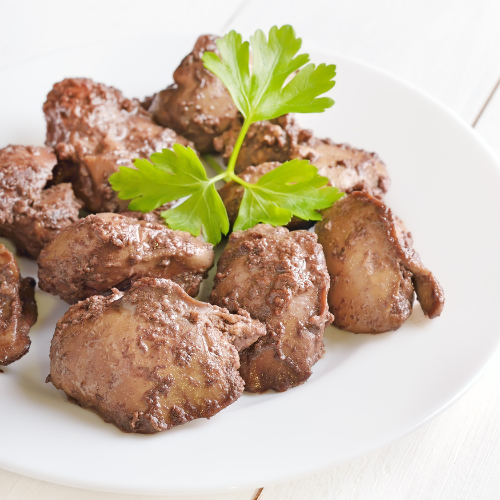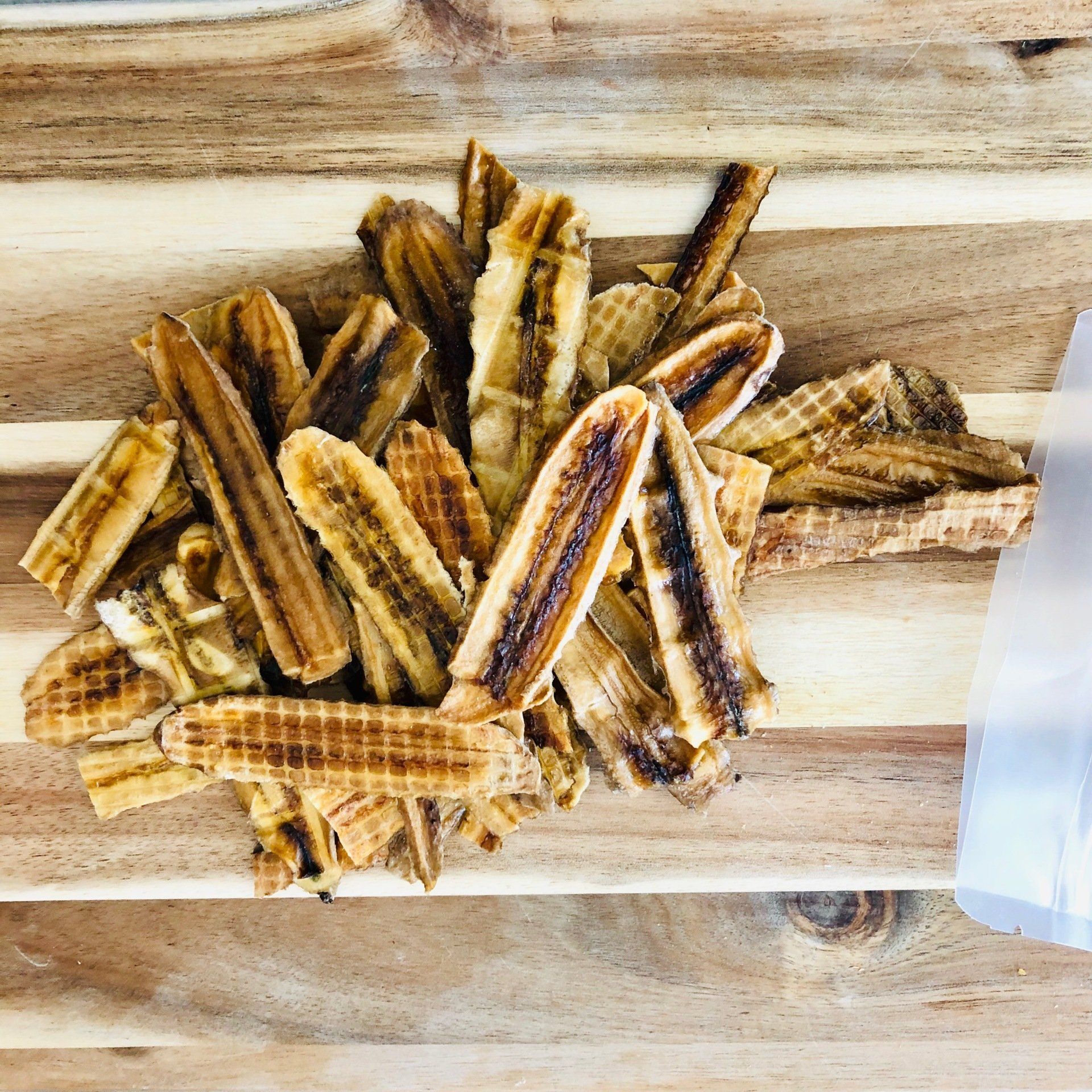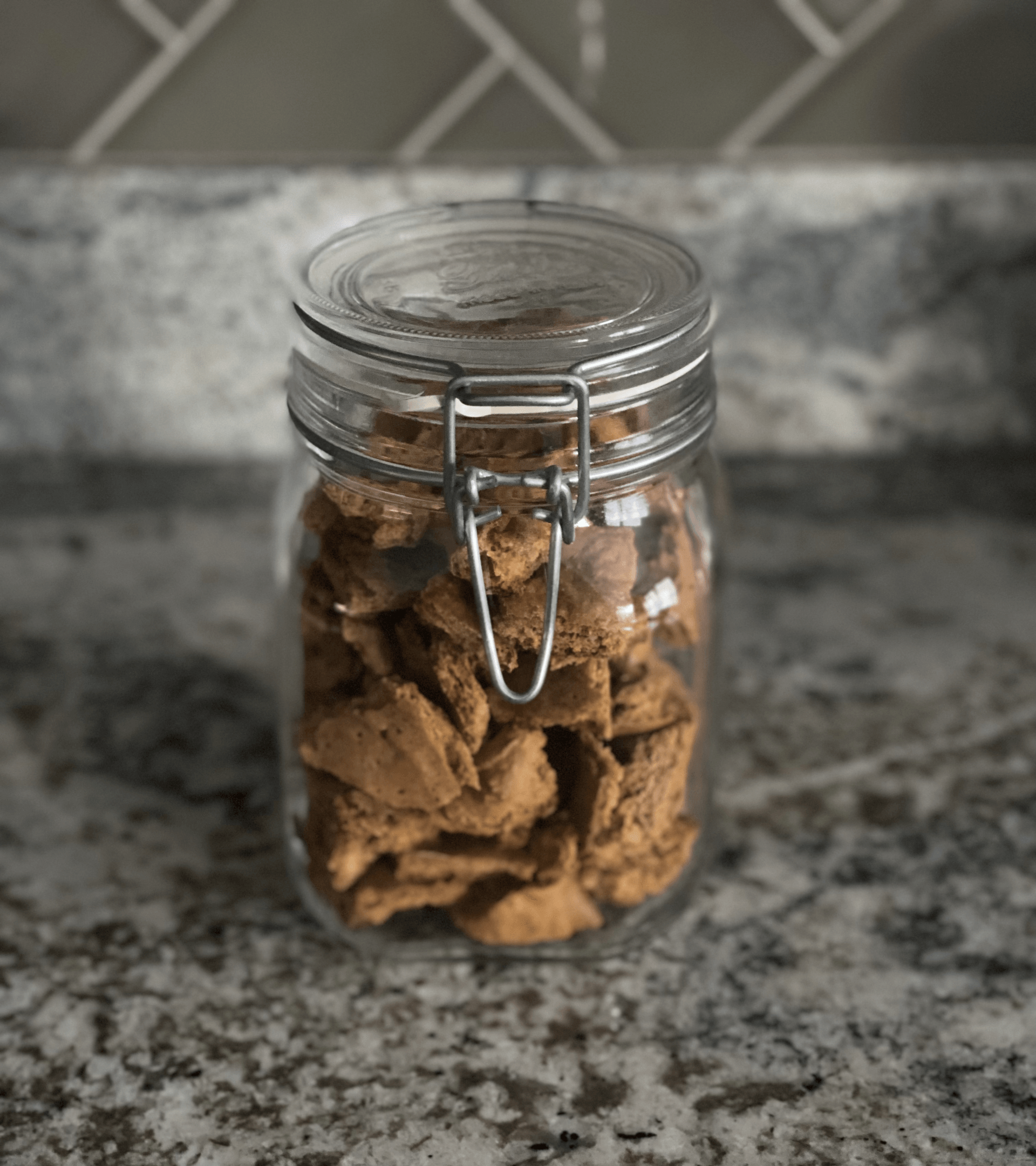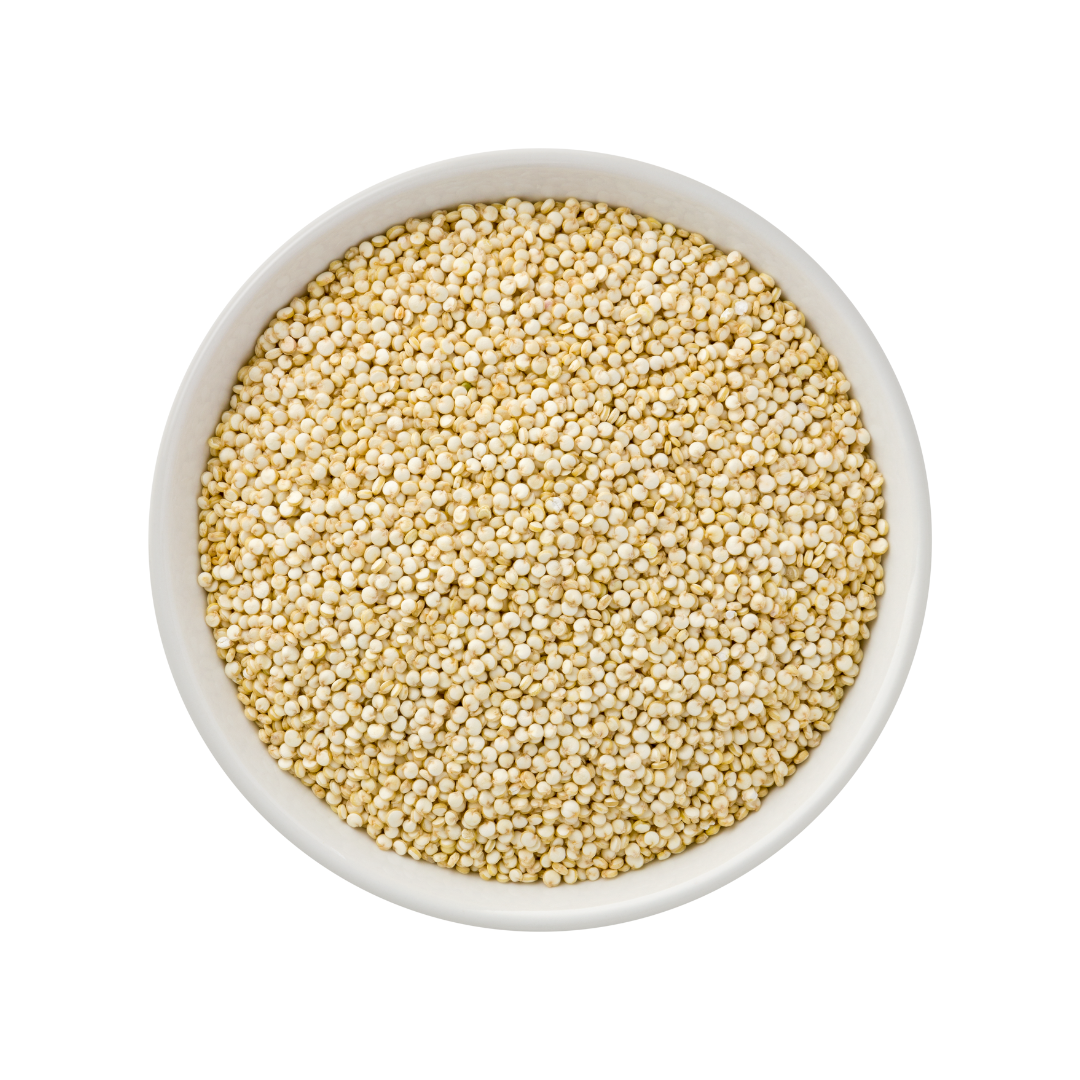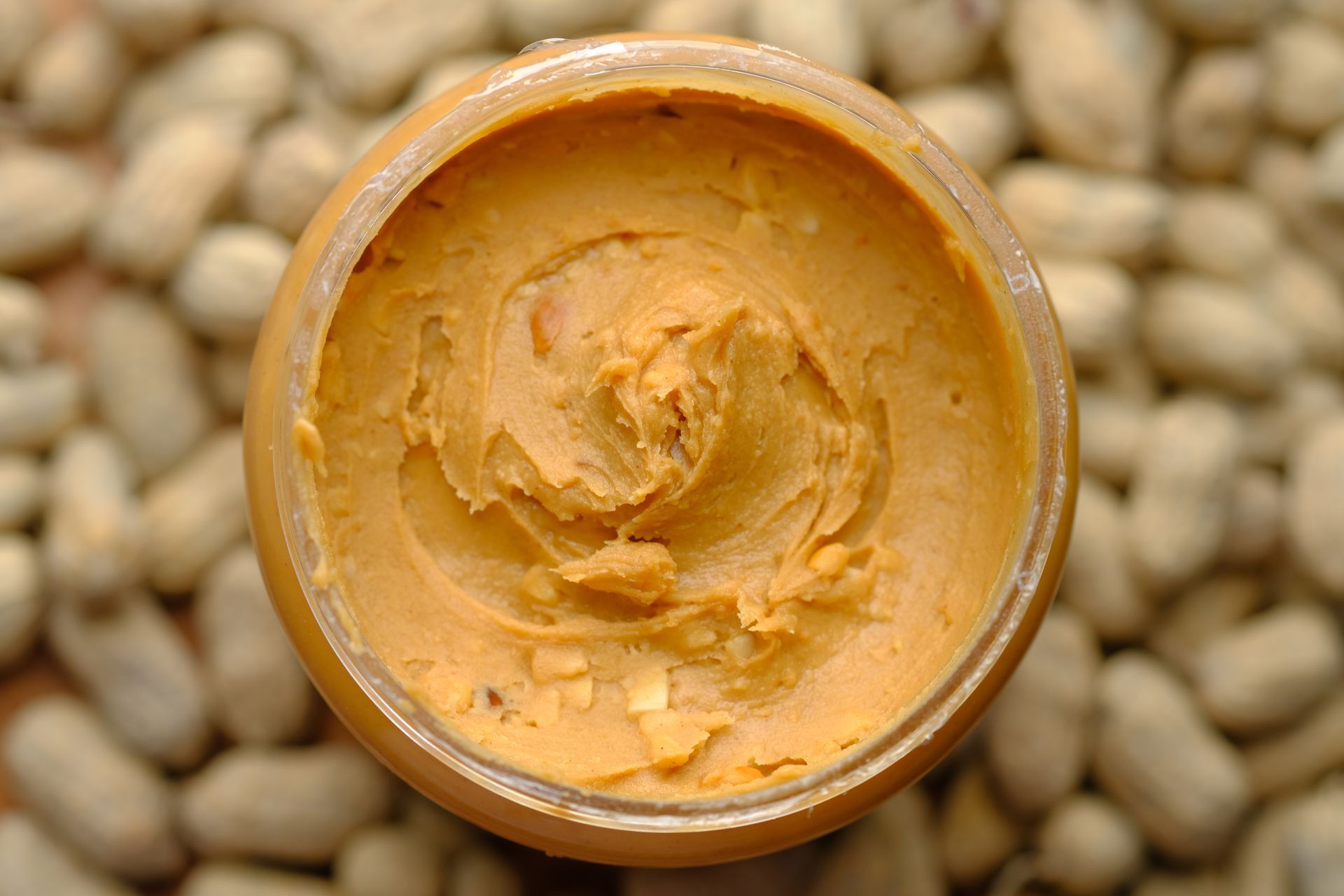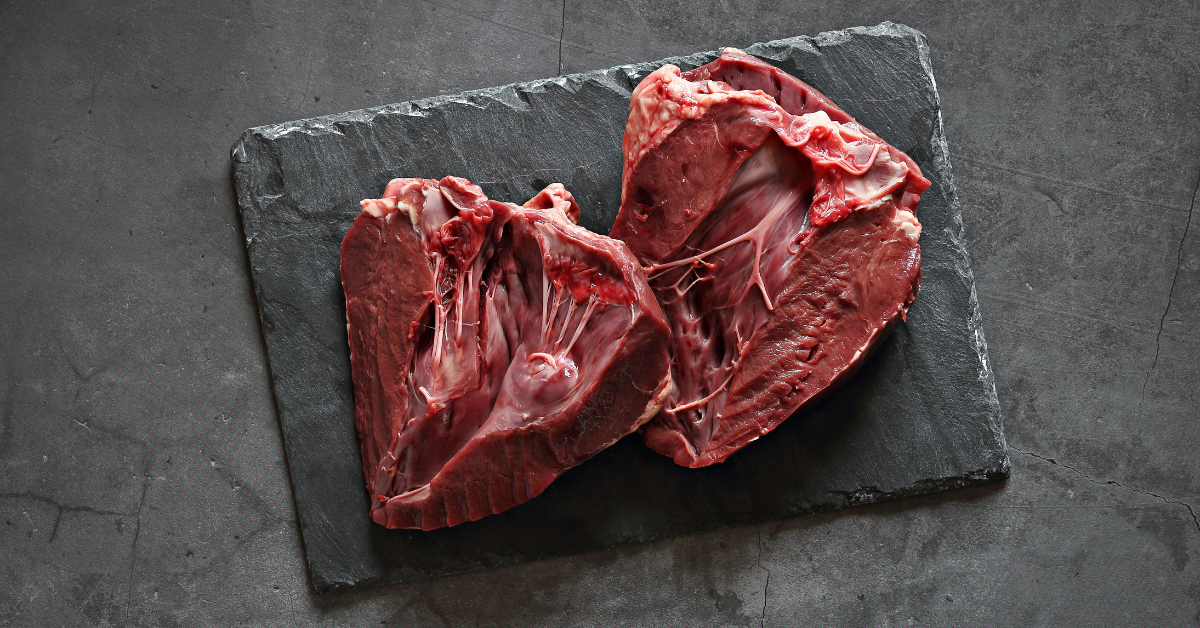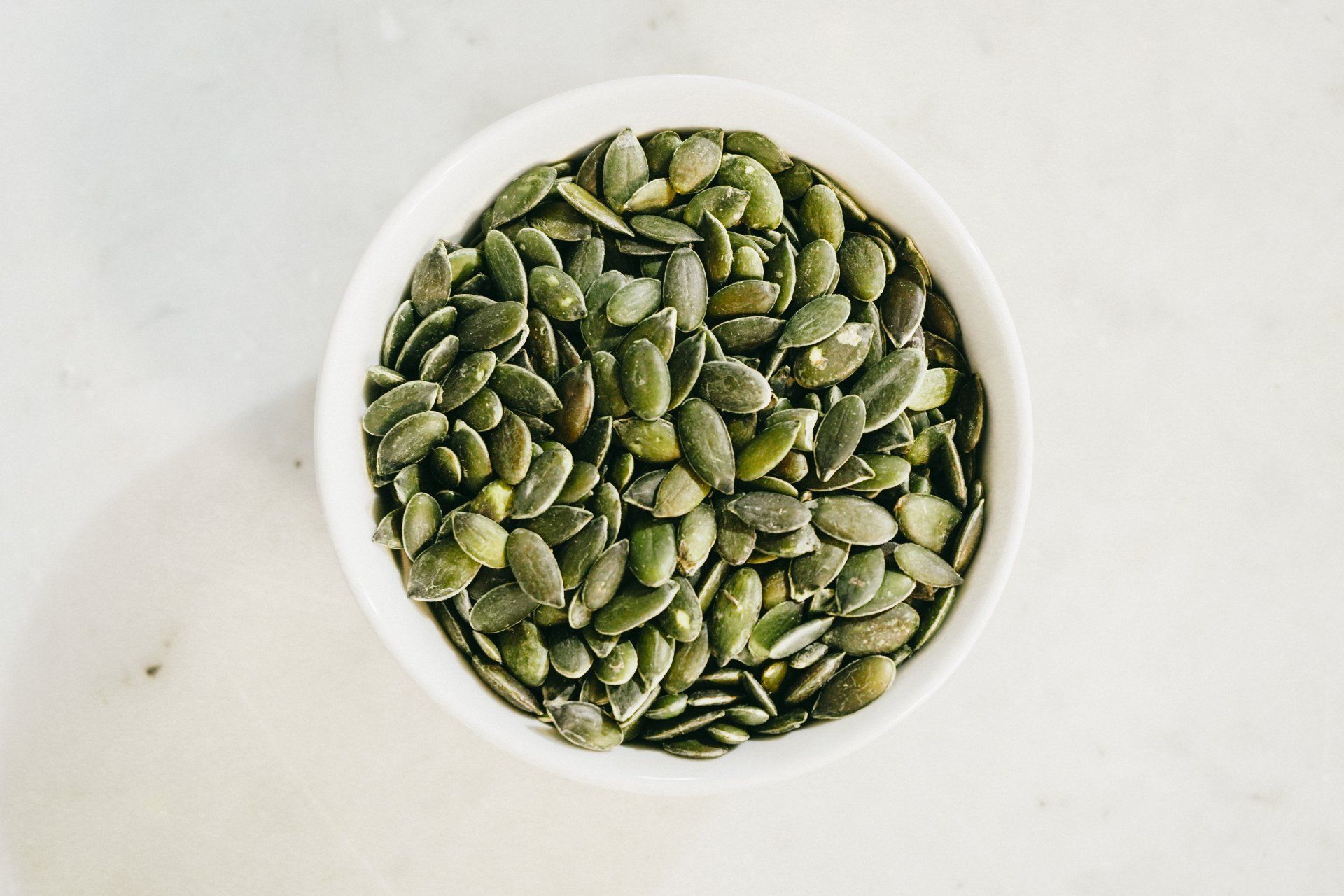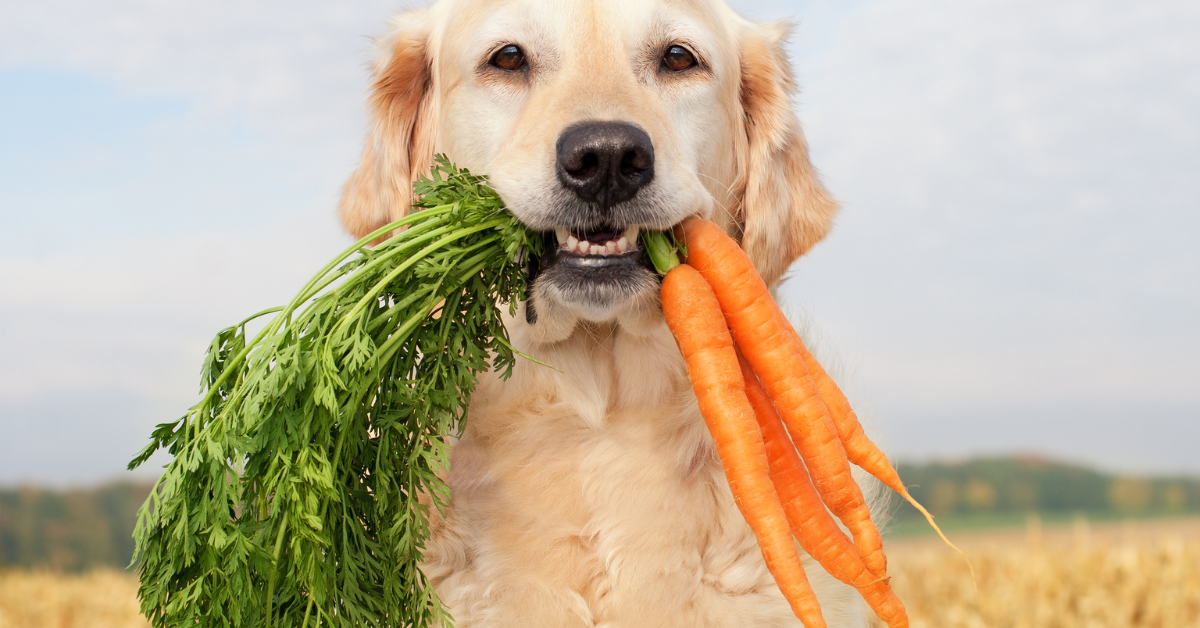Homemade dog diets offer a level of customization and control that commercial foods often can't match. You can ensure your dog gets the freshest ingredients and avoid potential allergens and sensitivities. However, crafting a truly balanced homemade diet requires careful attention to detail.
Calcium is often lacking in homemade diets.
Calcium plays a vital role in everything from building strong bones to ensuring proper muscle function. Without adequate calcium, your dog could face a range of health concerns. So, how do you make sure your homemade diet is providing this essential mineral? Read on to find out...
Homemade Diets tend to be Calcium Deficient
Unlike commercial dog foods that often include a supplemental calcium source or raw dog food diets that incorporate bones, homemade diets typically lack adequate calcium for your dog's needs. Homemade diets usually (and should) avoid cooked bones entirely, as cooked bones can be extremely dangerous and cause fatal injuries. Consequently, calcium can become significantly deficient without careful supplementation.
A word of caution: Online Homemade Recipes
It's important to be aware that many online homemade dog food recipes are completely void of calcium. If you look at the ingredients there typically is not a added supplement for calcium. In fact, most recipes do not show any nutritional information.While these recipes might be suitable as an occasional treat, relying on them for long-term feeding can be dangerous. A lack of calcium can lead to serious health problems over time. When using recipes found online, consider consulting with a veterinarian or canine nutritionist before feeding long term, to ensure your dog's nutritional needs are being fully met. Never follow such recipes blindly without understanding the potential consequences.
Importance of Calcium
Calcium isn't just a building block for strong bones and teeth in dogs; it's a cornerstone of their overall health and well-being. This essential mineral plays a vital role in numerous bodily functions, and any deficiency can have serious consequences.
Here's why calcium is so important for your dog:
- Building and Maintaining Strong Bones and Teeth: Calcium serves as the foundation for a healthy skeletal system. It ensures bones stay dense and resilient, preventing fractures and supporting proper growth and development in puppies.
- Muscle Function and Nerve Transmission: Calcium is crucial for proper muscle contraction and nerve impulse transmission. It allows your dog to move with ease, maintain balance, and experience normal nerve responses.
- Blood Clotting: Calcium plays a vital role in the blood clotting process, ensuring efficient wound healing and preventing excessive bleeding.
- Enzyme Function: Calcium acts as a cofactor for numerous enzymes, influencing various metabolic processes essential for maintaining overall health.
Potential consequences of calcium deficiency in dogs:
- Skeletal Abnormalities: The most evident consequence of calcium deficiency is weak and brittle bones. This can lead to painful fractures, bone deformities, and conditions like rickets in puppies and osteomalacia in adults.
- Muscle Weakness and Cramps: A lack of calcium can disrupt proper muscle function, leading to weakness, fatigue, and painful cramps. This can hinder your dog's mobility and affect their ability to perform daily activities comfortably.
- Seizures: In severe cases of calcium deficiency, the brain's electrical activity can be disrupted, leading to tremors and even seizures.
- Delayed Blood Clotting: Without sufficient calcium, blood may take longer to clot, increasing the risk of excessive bleeding from wounds or injuries.
It's important to understand that these are just some of the potential consequences of calcium deficiency. Left untreated, it can significantly impact your dog's quality of life and overall health.
By ensuring your dog receives adequate calcium through their diet or proper supplementation, you can help them maintain a strong, healthy body and avoid these potential health complications.
How to Add Calcium to Homemade Diets
Let's not rely on foods alone to meet your dog's calcium needs. Here are safe and effective supplement options:
- Eggshell Calcium: A natural, easily digestible form of calcium. You can grind dried eggshells into a fine powder and add it directly to meals.
- Calcium Carbonate: A widely available and affordable supplement.
- Bone Meal: Made from ground bones, bone meal is rich in Calcium.
- Seaweed Calcium: A plant-based alternative derived from seaweed.
IMPORTANT: While foods like yogurt and dairy products have some calcium, they do not provide nearly enough to meet your dog's daily requirements.
The Calcium and Phosphorus Relationship
While calcium is essential for your dog's health, it doesn't function in isolation. Another crucial mineral, phosphorus, plays a vital role alongside calcium in maintaining a healthy balance within the body.
Phosphorus and its functions:
- Bone Structure: Like calcium, phosphorus is a significant component of bones and teeth, contributing to their strength and stability.
- Energy Production: Phosphorus plays a vital role in cellular energy production, ensuring your dog has the energy to run, play, and perform daily activities.
- Cell Membrane Function: It forms a crucial part of cell membranes, contributing to their structure and function.
- Enzyme Function: Similar to calcium, phosphorus acts as a co-factor for various enzymes, supporting various biochemical reactions within the body.
The intricate dance of calcium and phosphorus:
The relationship between calcium and phosphorus is synergistic, meaning they work together to maintain optimal health. Ideally, a dog's diet should maintain a calcium-to-phosphorus ratio of around 1.2:1. This ratio ensures efficient absorption and utilization of both minerals.
When the balance is disrupted:
- Excess Phosphorus: Excessive phosphorus intake can hinder calcium absorption, potentially leading to calcium deficiency and its associated health problems. This is particularly concerning in puppies as their bones are still developing.
- Calcium Deficiency: As discussed earlier, a lack of calcium can lead to various health issues. However, it's important to note that calcium deficiency can also be induced by an imbalance in the calcium-to-phosphorus ratio, even if overall calcium intake appears adequate.
Maintaining the optimal balance:
Ensuring a balanced diet with the appropriate calcium-to-phosphorus ratio is crucial for your dog's health. However, achieving this balance can be challenging, especially with homemade diets.
Calcium Supplementation
Ensuring adequate calcium intake is paramount for your dog's well-being, especially when feeding a homemade diet. While calcium plays a vital role in building strong bones and teeth, it also supports numerous other crucial functions, from muscle movement and nerve communication to blood clotting and enzyme activity.
However, unlike commercially prepared foods or raw diets incorporating bones, homemade recipes often fall short in readily available calcium. This deficiency can lead to a multitude of health issues, emphasizing the importance of supplementation.
Therefore, consulting a veterinarian specializing in homemade diets is crucial. They can assess your dog's individual needs, recommend the safest and most suitable form of calcium supplement (e.g., eggshell calcium, calcium carbonate, or even seaweed calcium for plant-based options), and determine the correct dosage to ensure optimal health and prevent any potential imbalances.
Remember, the online world is vast, and while it can be a valuable resource, never rely solely on internet recipes, especially when it comes to your dog's health.


